In the Know About Nuts: Can My Dog Eat Nuts?

Dogs, left to their own devices, will chow down on just about anything edible, whether it is good for them or not. Nuts, while seemingly healthy, can be potentially problematic for your pup. But it depends on the type of nut and the quantity. When we think something is tasty, we naturally want to give our best buddy the same thing.
There are some nuts that are fine for your pet and some that should be off limits. To give you an understanding, Shiloh Veterinary Hospital is here to answer the questions of, “Can my dog eat nuts and seeds?”
Continue…Fashionable, Functional Dog Sunglasses That Protect Canine Eyes

Your dog’s eyes are probably the feature you love most about them. After all, they seem capable of seeing right into your very soul. With this in mind, it makes sense to protect their peepers, but are dog sunglasses a realistic choice?
While some dogs may need lots of training and encouragement to keep their shades straight, the benefits are so long-lasting that you’ll be glad you both made the effort.
Continue…Party Animals: Keeping Pets Safe and Happy During Summer Parties

The summer party season is here again – although here in sunny Southern California it can be argued that it’s always summer party season.
Just like humans, each pet has their own take on festivities. Some relish in the novelty of guests and enjoy all of the pets, pats, and accidentally dropped morsels, while others may be shy, scared, or just not interested in socializing. Whichever way your furry pal leans, keeping pets safe should be your top priority when planning your get together.
Continue…A Poopy Problem: Why Picking Up Pet Waste Is Necessary
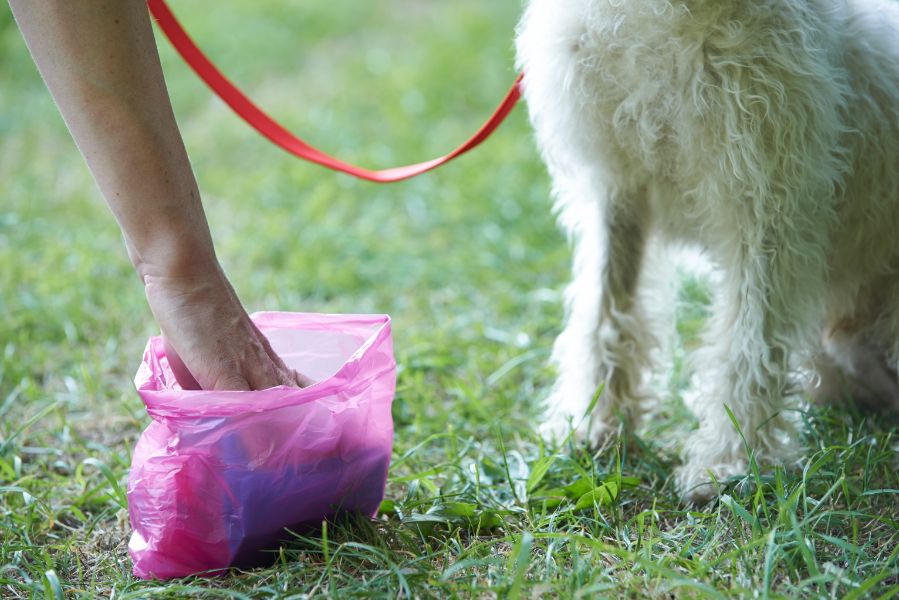
You’ve encountered it. You are out at the park with your pet and look over to see someone’s dog “doing their business”. Just as soon as he’s done, the dog and owner quickly trot off, leaving the grossness where it was deposited.
People not picking up after their pet is a serious problem. Not only is it rude and causes stink and the risk of people stepping on it, but pet waste also carries disease and attracts flies and other parasites.
Picking up your pet’s waste is a part of being a responsible dog owner. The team at Shiloh Veterinary Hospital is here to explain why this unfortunate doody duty benefits your pet, you, and the entire community.
Continue…On the Prowl and Out of Sight: What Your Cat Sees Outside at Night
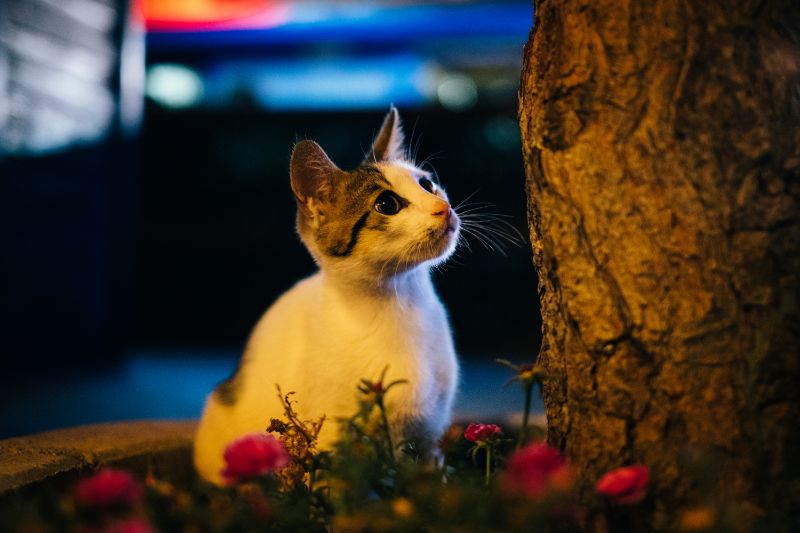
Cats love to roam, especially at night. This is because they are creatures whose instinct is to hunt when it is dark outside, especially at dawn and dusk. Those are the times of day that a cat is most active. If your cat is allowed to be outdoors, you may wonder what they do in the darkness of the night. You are not alone in this question.
The team at Shiloh Veterinary Hospital is here to clear up the mystery of what a cat sees outside at night. Let’s explore!
Continue…Pets During Quarantine Have It Figured Out!
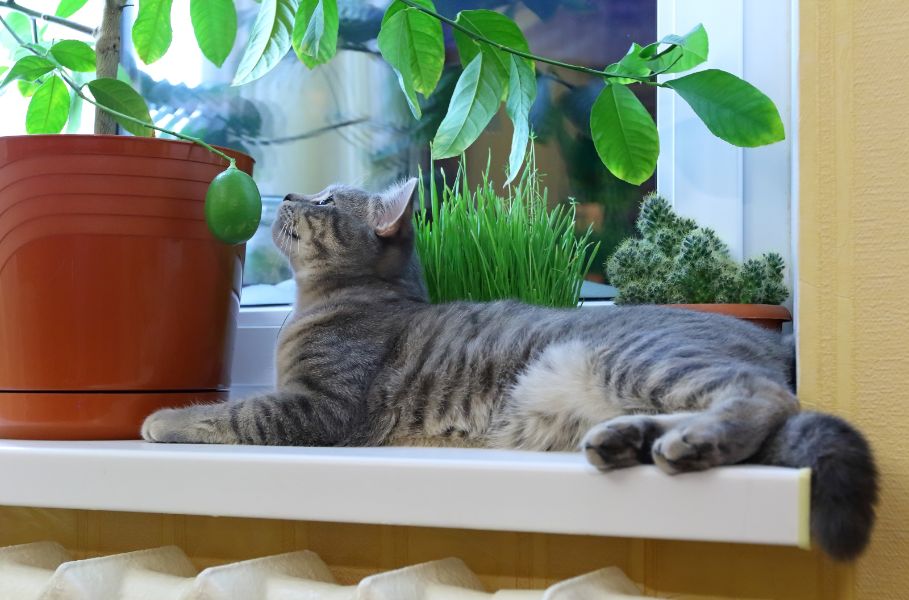
What can we say about this moment in our history? It’s scary, uncomfortable, and confusing to say the least. Think about how much worse the news would be, however, if we weren’t home with our four-legged best friends. It’s still not easy, but we can be somewhat soothed by Fluffy’s meaningful gaze, or Fido’s tail-wagging devotion.
In fact, the small moments we share with animal kind give us far more than a brief respite from the headlines. Like other people all over the world, it’s time to consider all we’ve learned (so far) from our pets during quarantine.
Continue…April Showers Bring May Flowers: Pet Safe Plants
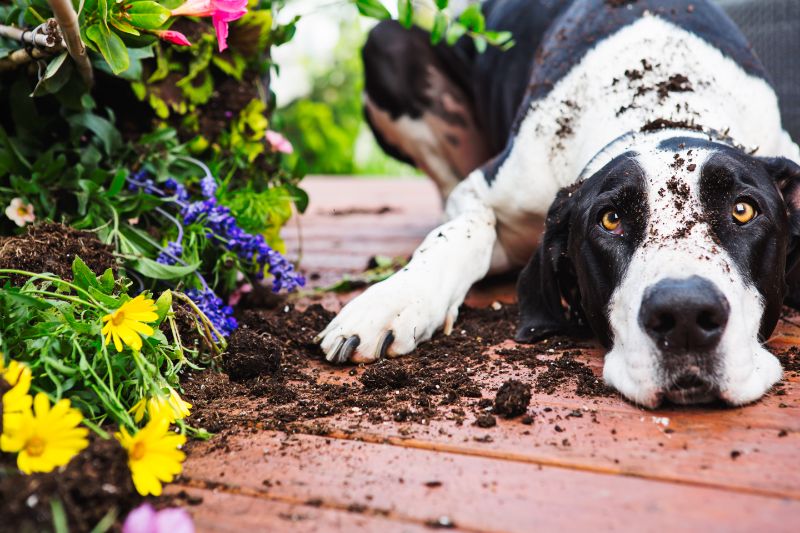
Spring has finally sprung, and nothing helps to cheer the soul quite like some pretty blooms and time in the great outdoors. It is important to be sure, though, that your love of plants and your love of animals don’t interfere, though.
When choosing what types of vegetation to allow into your home and garden, Shiloh Veterinary Hospital hopes that you will consider your four legged family members. Choosing pet safe plants isn’t hard, and doing so will let you enjoy the spring with your furry friends.
Continue…Made in the Shade: Pet Sun Protection

Enjoying the great outdoors by way of lounging poolside, hiking to a beautiful lake, or just relaxing in the backyard is what spring and summer are all about. Your pet will also be happy to get out for some sunshine and fresh air with you as you walk, play, jog, and do other pet friendly activities together. But the sunny weather has many of us slathering on sunscreen and donning our hats and sunglasses. Did you know your pet needs protection, too?
In order to prepare for the sunnier, warm weather, your team at Shiloh Veterinary Hospital wants to stress the importance of pet sun protection. You may be surprised to learn just how important it is to protect your furry one from those harmful rays.
Continue…The Facts About Parasite Prevention in LA
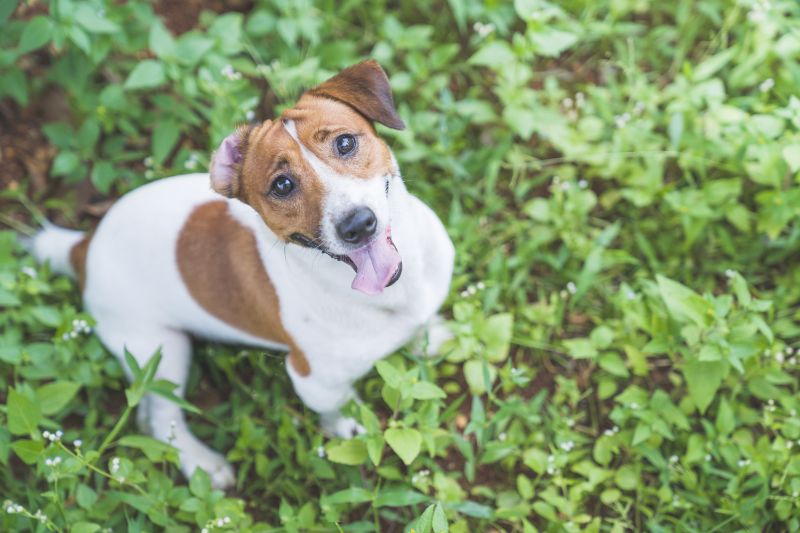
Protecting your pet from external and internal parasites (and their associated diseases) is every pet owner’s responsibility. But there are some misconceptions about parasites in the city and whether or not they are a threat to our pets.
The team at Shiloh Veterinary Hospital is here to address the facts about parasite prevention in LA and what you can do to better protect your furry loved one.
Continue…Observing Pet Poison Prevention Awareness Month to Protect Your Pet
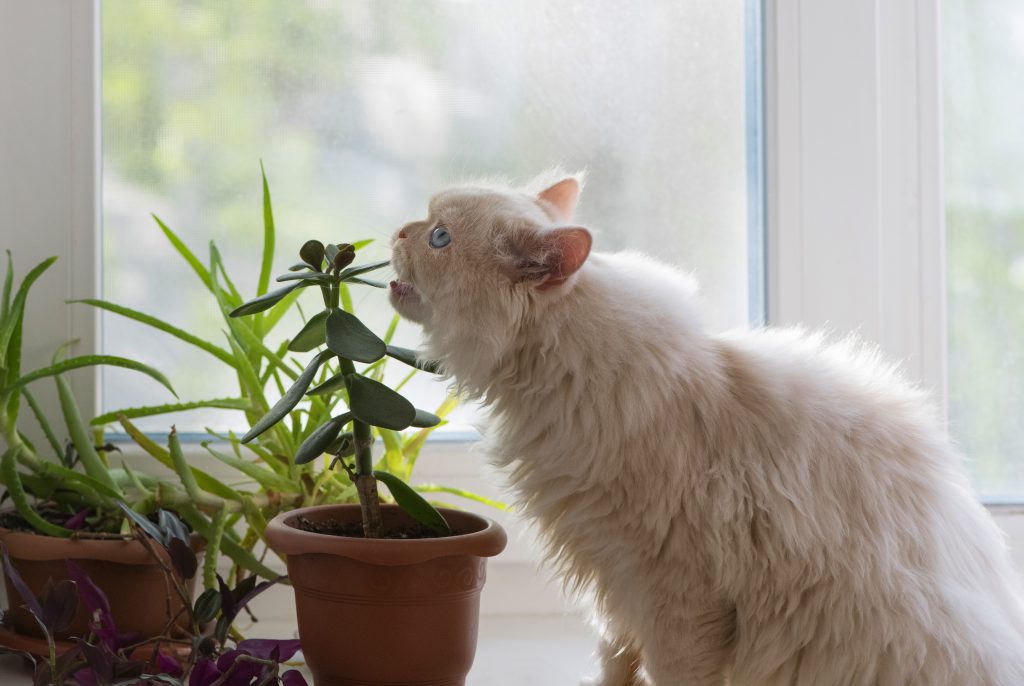
Since you know how curious your cat or dog is, it’s amazing how many things they try and get into. Things we may never even imagine to be edible or tasty to them. But the reality is, pets are like toddlers and try and eat whatever they find. Because of this fact, it’s important to understand all of the potential pet poisons that are in the home and outdoors.
March is national Pet Poison Prevention Awareness Month, and your team at Shiloh Veterinary Hospital is observing the month by raising more awareness among our readers. As loving pet owners, we are sure you want the safest home for your four-legged and more education about pet toxins is key. Let’s take a look at why.
Continue…